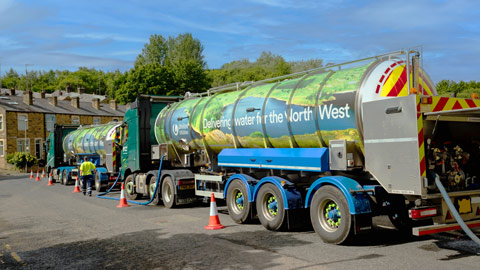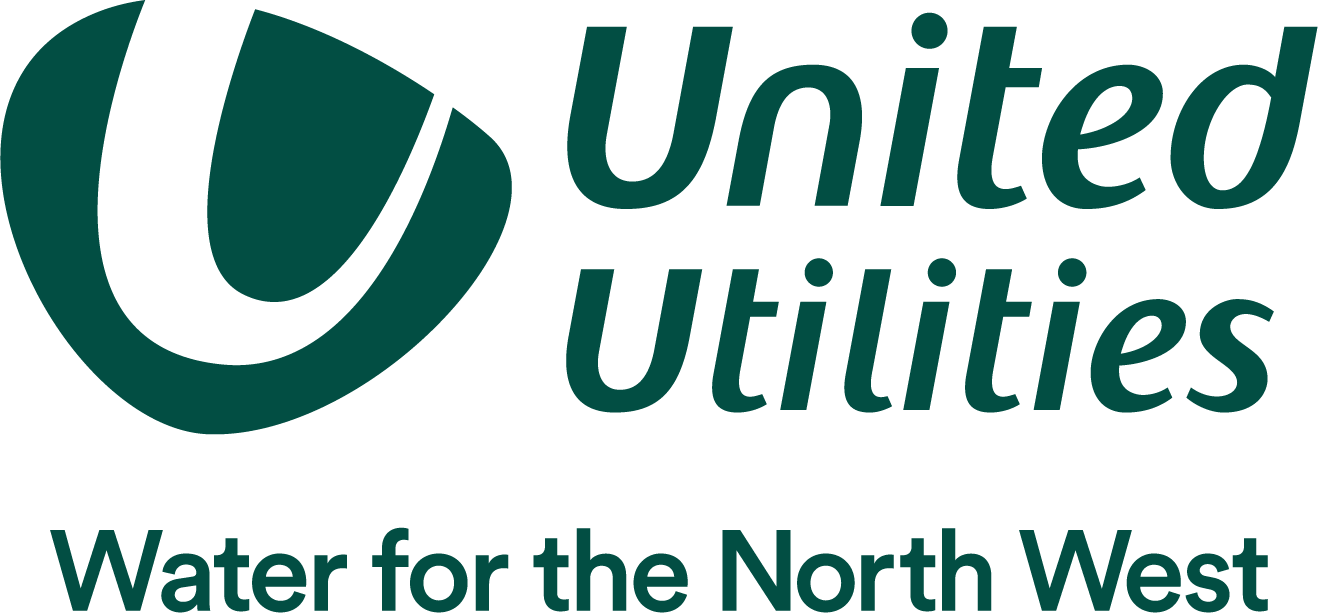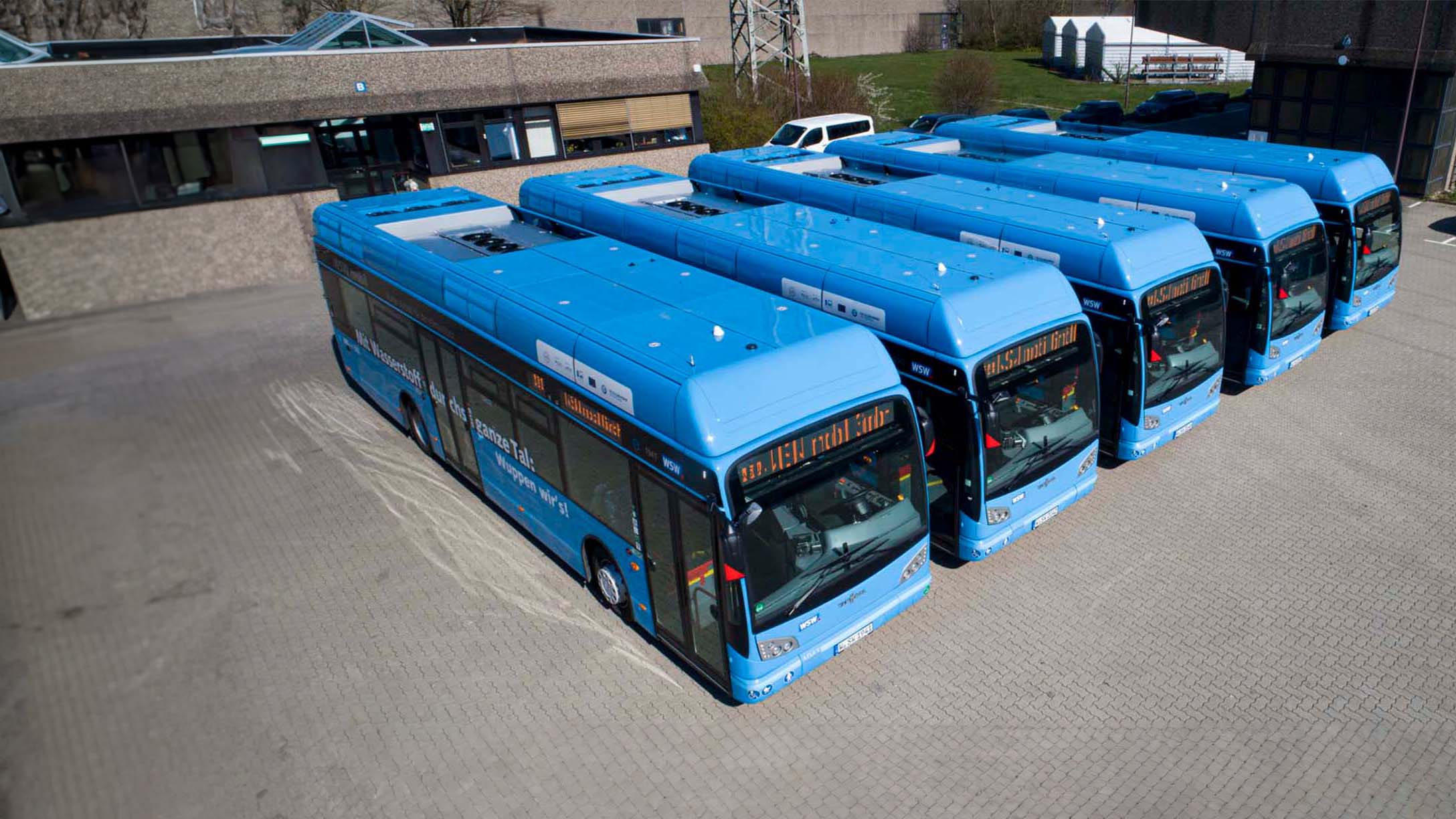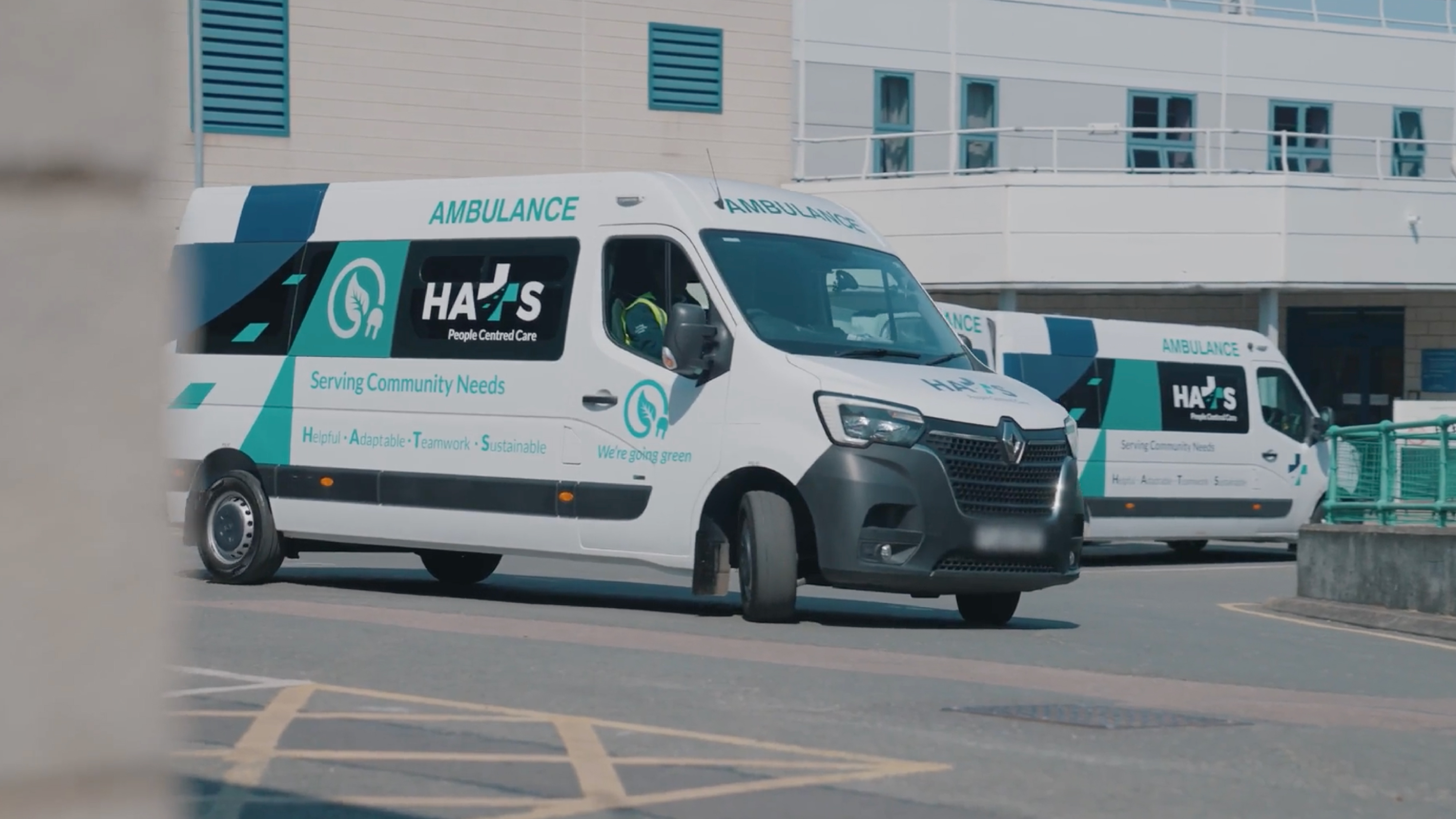
United Utilities: Improved fleet sustainability, driver safety, and vehicle availability

Table of contents
The customer & challenge
Safety, reliability and sustainability
When a water main bursts, there’s no time for technical issues, interrupting a great customer experience. United Utilities needs its fleet of 2,300+ healthy vehicles (cars, LCVs, HGVs, plant equipment) available 24/7 so the team can provide on-time support. So, they know that predictive maintenance and optimised route planning would improve their service reliability and reduce operational costs.
United Utilities also wants to keep its business running as smoothly as possible, while moving towards its low-carbon options target by 2028. To avoid disruptions, they need to be able to plan for how this change would affect their business, how many of their internal combustion engine (ICE) vehicles could be replaced with electric ones and how this would affect their drivers’ schedules. The company needed real-time analytics to make the transition smooth and certain.
United Utilities is committed to prolonging the service life of their existing ICE vehicles to bridge the gap until suitable electric models are available, rather than replacing these vehicles with newer ICE vehicles. This places a strain on their maintenance operations, as the older vehicles are more prone to issues – this creates a need for real-time vehicle diagnostic insights to help the maintenance team catch these issues early before they become a bigger operational issue.
Above all, the company wants to make sure that all drivers get home safely at the end of a shift, which is why they've set a target of no injured drivers of United Utilities vehicles by 2030. To achieve this, they support their drivers to become more mindful on the road, with education and training.
The solution: How we helped them
Active insights lead to informed decisions - real-time monitoring and maintenance
GO9 devices were fitted to the United Utilities fleet, with real-time vehicle diagnostics insights sent straight to United Utilities’ maintenance garages.
By implementing a proactive and predictive maintenance program with the help of Vodafone Business Fleet Analytics (powered by Geotab) maintenance software, United Utilities is now able to monitor vehicles in near real-time and make informed decisions, to resolve problems before they happen. This has been particularly valuable in maintaining the health of their older ICE vehicles, which are more prone to faults.
The predictive maintenance reports are used to monitor live vehicle health, with engine management light (EML) alerts flagged and triaged by the team, depending on severity. Their trucks are now also serviced based on an engine hours report. Autonomous notifications enable the maintenance team to have any parts they need ready in advance, reducing vehicle downtime and minimising the risk of damage to the vehicles.
Safety training programme
The operations management team have insight into driver behaviour reports on idling, harsh braking, cornering and speeding, so they can tailor training to focus on the driver behaviours that are causing the greatest risk to their own and other road users' safety.
Driver Safety Scorecard weekly reports are also used to keep drivers engaged in their performance and taking responsibility for being safe, while out on the roads in their vehicles.
Sustainability
Insights from the Electric Vehicle Suitability Assessment (EVSA) combined with consultancy and collaboration, were used to decide which vehicles (in which order) were right, to move from ICE to electric, and to understand all-important CO2 emission savings.
United Utilities could plan its EV infrastructure effectively e.g. identifying operational site dwell locations, the number and types of chargers needed, and which EVs could charge at employee’s homes. Change management plan ‘quick wins’ were possible, for example, 30% of their commercial vehicle workforce with off-road parking that could accommodate home charging infrastructure. Finally, EV charging data was used to validate charging events and to detect potential fraud – protecting their budget.
“The reports and expertise we received helped us to understand what was possible while making sure changes supported our charging infrastructure - so we could make the right decisions for our business” – Carl Doyle, Green Fleet Business Lead, United Utilities
The results: safer, cleaner and healthier
Driver safety scores improved by 25% with driver behaviour reporting and training supported by Driver Safety Scorecards. This improvement mitigates the potential for road traffic accidents, results in lower vehicle maintenance costs and fuel consumption, and improves vehicle uptime, all while fostering stronger customer relationships.
Idling times cut by 14% by monitoring this important fuel efficiency-impacting metric and providing feedback to drivers. Reducing idling time helps to reduce engine wear and tear, maintenance & fuel costs and CO2 and other emissions that contribute to air pollution.
Fuel economy increased by 35%, and emissions per vehicle fell by 26% as a result of the combined management efforts to improve fleet fuel efficiency, based on the insights provided.
The overall fleet savings from preventive maintenance assuming a 25% failure rate was calculated to be £10,813 between January 2022 and July 2023 when considering the anti-lock braking system (ABS), cooling system, exhaust gas recirculation (EGR), electronic stability programme (ESP), glow plugs, misfire and water in fuel across the fleet by changing individual parts when vehicle warnings showed, rather than having to make larger, more expensive repairs when the part failed.
● Driver safety scores improved by 25% with driver behaviour reporting and training supported by Driver Safety Scorecards.
● Idling times cut by 14% by monitoring this important fuel efficiency-impacting metric and providing feedback to drivers.
● Fuel economy increased by 35%, and emissions per vehicle fell by 26% as a result of the combined management efforts to improve fleet fuel efficiency, based on the insights provided.
● Overall savings of £10,813 from preventive maintenance assuming a 25% failure rate between January 2022 and July 2023
The cost savings are far greater when considering the wider cost implications for United Utilities of unplanned vehicle downtime:
- Before fitting the GO9 devices, one of United Utilities’ vehicles suffered engine failure. The truck had a low annual mileage and was serviced periodically. However, the truck engine runs to power the pumps for 5-10 hours daily. These engine hours were not previously visible to the maintenance team, and the truck was off the road for 23 days while undergoing repairs, costing the business £60,000 for repairs (including outsourcing jobs to third-party contractors). Moving forward, all trucks are now serviced based on the engine hours report.
- Proactive maintenance is key to reducing vehicle off-road (VOR) instances for their 12-year-old Alternative Supply Vehicles (ASVs). These vehicles are used to inject water into the network to maintain a water supply due to planned pipe replacements, and reactive mains pipe bursts. If an ASV is not able to complete this task when needed, United Utilities is subject to a £15,600 penalty per second above the target for average Customer Minutes Lost (CML) across their network, imposed by the regulator, OFWAT.
- Every VOR day that is prevented saves the business on average £2,000 per day in the collective costs of vehicle hire, service penalties, driver downtime and overtime.
- By actively monitoring vehicles for engine temperature warnings, vehicles are now immediately brought in for inspection to correct the fault. This avoids customer impact due to missed jobs, and potential van engine costs of circa. £7,000, up to £30,000 for an HGV engine.
Next steps
United Utilities are now looking to see what additional vehicle insights they could benefit from in the future. By gaining a deeper technical understanding of their vehicle data, fleet managers will be able to be much more proactive and preventative in their maintenance approach. For example, when fleet managers fully understand the function of the diesel particulate filter (DPF), and the factors that may result in vehicle downtime and additional maintenance costs, they will be better equipped to spot the early warning signs of a DPF susceptible to failure. For example: a high count of DPF regen events could indicate a vehicle is not being driven far enough to clean the DPF, which could lead to it filling up and causing an engine warning light, or even a DPF failure.
“Vodafone Business Fleet Analytics powered by Geotab is helping our fleet become sustainable. For us, being able to maximise business efficiencies, protect employees and give our customers a great service, while doing this has been game-changing.” – Stephen Wolstenholme, Head of Fleet, United Utilities.
Client profile

Client name:
United Utilities
Industry:
Water and wastewater services
Types of vehicles:
4X4, LCVs, HGVs, Passenger Cars
Fleet size:
2300+
Fleet focus:
Safety, Optimisation, Sustainability
Other stories
%20(1)%20(1).jpg)
Tarmac achieves a safer, more sustainable, data-driven fleet via Motormax and Geotab's solution
April 8, 2025

How Geotab is helping Wuppertaler Stadtwerke introduce hydrogen-powered buses
March 17, 2025
.png)
Moove Cars optimises its fleet with Geotab technology, saving over £3,000,000 per year
February 26, 2025

HATS Group: Reducing fleet risk with insights from Geotab’s camera-based telematics solution
February 20, 2025
